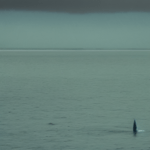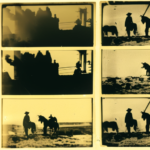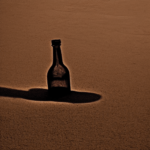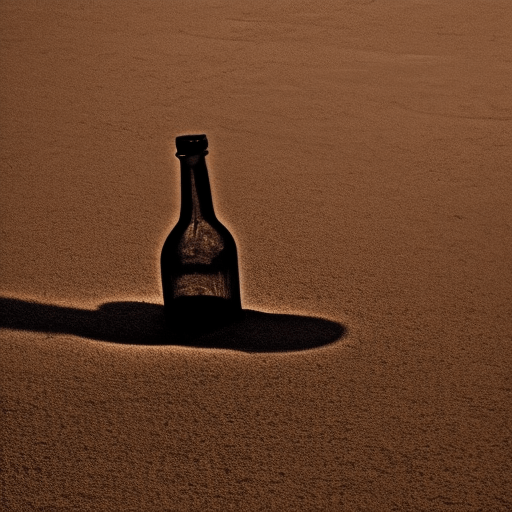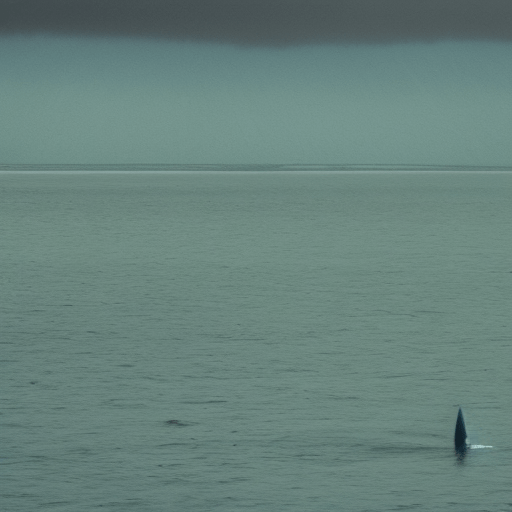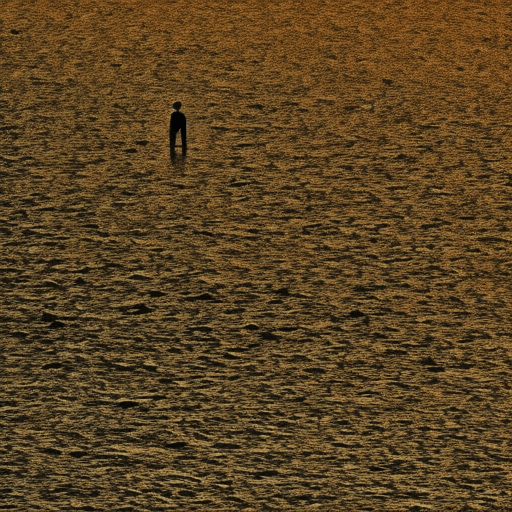The Lost Weekend by Billy Wilder: A Haunting Portrait of Addiction and Desperation
Main Cast and Crew:
- Director: Billy Wilder
- Writer(s): Charles Brackett, Billy Wilder
- Main Actors: Ray Milland as Don Birnam, Jane Wyman as Helen St. James, Phillip Terry as Wick Birnam, Howard Da Silva as Nat, Doris Dowling as Gloria
- Music Director: Miklós Rózsa
- Director of Photography: John F. Seitz
- Producers: Charles Brackett, Billy Wilder
In Billy Wilder’s The Lost Weekend, Ray Milland delivers a haunting performance as Don Birnam, a struggling writer trapped in the clutches of alcoholism. The film explores the depths of addiction and the harrowing consequences it inflicts on both the individual and their loved ones.
The story follows Don Birnam, a talented writer who has fallen into a downward spiral of alcohol abuse. As he prepares for a weekend getaway with his brother Wick, Don’s hidden addiction begins to unravel. Fueled by his insatiable thirst for alcohol, Don embarks on a desperate quest to secure his next drink, resorting to theft and deceit.
Throughout the film, we witness the destructive power of addiction as it consumes Don’s life. His relationships crumble, and his dreams of becoming a successful writer fade into oblivion. The film delves into the psychological torment and self-destructive behavior that often accompany addiction, painting a grim portrait of a man trapped in his own personal hell.
One of the central themes of The Lost Weekend is the struggle between hope and despair. Don’s battle with alcoholism is a constant tug-of-war between his desire for redemption and his overwhelming addiction. The film explores the cyclical nature of addiction, as Don repeatedly falls into the same destructive patterns despite his best intentions.
Another prominent motif in the film is the exploration of societal attitudes towards addiction. The Lost Weekend challenges the stigma surrounding alcoholism by portraying Don as a complex and sympathetic character. The film humanizes addiction, shedding light on the underlying pain and trauma that often fuel self-destructive behavior.
Upon its release in 1945, The Lost Weekend was met with critical acclaim. It won four Academy Awards, including Best Picture, Best Director for Billy Wilder, Best Actor for Ray Milland, and Best Adapted Screenplay. The film’s unflinching portrayal of addiction was groundbreaking for its time and continues to be regarded as a cinematic masterpiece.
The legacy of The Lost Weekend extends beyond its critical success. It played a significant role in changing public perceptions of addiction and paved the way for more nuanced portrayals of substance abuse in cinema. The film’s impact can still be felt today, as it remains a powerful reminder of the devastating consequences of addiction.
The Lost Weekend is a must-watch for anyone interested in exploring the darker aspects of the human condition. It serves as a cautionary tale, urging viewers to confront the demons that lurk within and seek help when needed. The film’s gripping narrative and exceptional performances make it a timeless classic that continues to resonate with audiences.
Memorable Quote:
“I’m not a drinker, I’m a drunk.”
